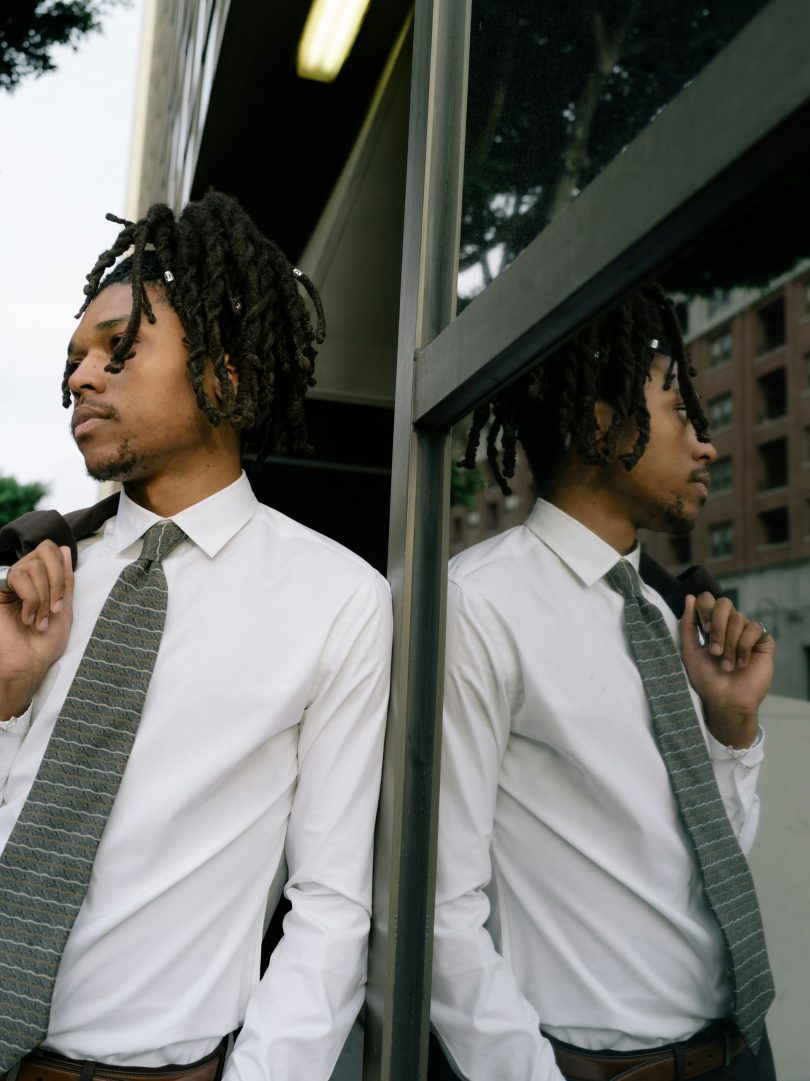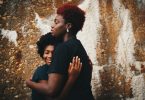Everyone has the right to feel that they belong and that they are genuine selves. Unfortunately, many Black people still experience racism in all aspects of life, either knowingly or unknowingly. This could be in the form of a racial slur or other hidden forms of racism that often go unnoticed. Black hair microaggressions are one of such hidden forms of racism.
What are Black Hair Microaggressions
Black hair microaggressions refer to subtle negative comments about curly hair. Although they may be harder to spot, such comments can be hurtful and damaging. The constant insults usually occur in everyday interactions and can significantly affect the victim.
Microaggressions, of any form, are a public health concern due to their cumulative impact on mental and physical well-being, causing chronic stress, anxiety, and depression. Persistent exposure to subtle discrimination can lead to reduced access to healthcare services and strain social support networks. Addressing microaggressions requires awareness, inclusive environments, and policies promoting equity to mitigate their horrible effects on individuals’ health.
Black Hair Microaggressions Ingrained in History
Microaggressions of Black hair are deeply ingrained in history. In 1786, New Orleans Governor Don Estevan Miro enacted the Tignon Laws that prohibited women of color from attracting too much attention to their dress. This also meant that women of color were required to cover their hair with fabric cloth. At the time, it was believed that black women’s behaviors such as adding jewelry and feathers to their hairdos drew the attention of white men. This disrupted the social stability of white women, and the law was introduced to minimize the beauty of black women.
Fast forward to post-slavery, the ideals of these laws continued to influence society. Fair skin and straight hair in White women came to be defined as the epitome of beauty while natural black hair was considered ugly. When slavery was abolished in the 19th century, Black women were free to wear the kind of hair they wanted. However, they felt the pressure to fit in with the European ideals and styles such as smoothening their hair to make it look silky became popular.
Another major shift happened during the civil rights movement when Black people started to wear their Afros. Originally seen as a form of rebellion and political statement, wearing natural hair gave Black people a sense of pride. It also allowed them to protest against racial segregation and oppression while asserting their Black identity. However, the society had already adopted to European beauty ideas, and Afro hairstyles were seen as being against the norm despite being the natural state of a black person’s hair.
Although natural hair is now widely accepted, our people still face several microaggressions. This form of hair discrimination affects our self-esteem and our interactions with others. It also continues to contribute to the damaging trend of Black women treating their Afro hair to fit in. Unfortunately, most people do not understand how comments about Black hair can be so damaging.
Common Types of Microaggressions
- Hurtful Comments: People may make comments about a Black person’s hair.
- Backhanded Compliments: Sometimes comments about black hair may be framed as compliments. For instance, someone may say that they wish they could grow their hair like yours or that your hair is unique. While framed as compliments, these statements imply that your hair is a deviation from the norm and that their hair is superior.
- Direct Criticism: In some settings, especially in the workplace, Black individuals often get direct criticism of our hair. We may get comments such as that hair would not be appropriate for work or that you would look better with straight hair. Such Black hair microaggressions disregard the versatility of Black hairstyles, and are usually hurtful, contributing to a hostile environment.
- Unwanted Touching: Someone may ask a Black woman if they can touch her hair. You may also touch your hair without permission, disregarding personal boundaries.
- Texturism: This is a kind of microaggression that prioritizes looser curl patterns over natural hair. You may get comments such as your hair may be easier to manage if you straighten it. Such statements dismiss the beauty of natural hair and imply that Black hair is unattractive or inherently difficult to manage.
Addressing Microaggressions: How to Mitigate Hair Bias
As far as microaggressions are concerned, non-Black people need to understand how it can be a hurtful experience. To mitigate such kind of hair bias is more than preventing these things from happening in schools or workplaces, but also building support and allyship.
In schools and other educational settings, teachers must ensure that the learning materials and profiled figures are a true reflection of the diversity of a multi-textured and multiracial society. Using such materials will enlighten the students to respect Black girls, and to alienate them by touching o asking about their hair. On a personal level, it can help to be a supportive ally by speaking up when you witness a microaggression.
In workplaces, organizations need to hire people of all ethnicities and races who wear different hairstyles. Apart from chipping away the idea that white people’s hair is the norm, creating a diverse workforce will allow everyone to be well-represented. It will also encourage everyone to feel comfortable in their own skin and hair. It is also important to encourage Black women to respond to microaggressions by giving a calm and firm response. When not comfortable, it is good to document the incident and discuss it later with an HR representative or trusted friend.
Black hair microaggressions are issues that require ongoing dialogue and education to dismantle. While most people do not even realize, that subtle harmful comments and behaviors can have negative impacts on the victim. To create a world where Black women feel comfortable and confident in their hair, the discussion about microaggressions needs to continue and involve more people.
Read More:
Afro Hair: The Petting Microaggression. https://www.diverseeducators.co.uk/afro-hair-the-petting-microaggression/
When Black Women Were Required By Law to Cover Their Hair. https://www.vice.com/en/article/j5abvx/black-womens-hair-illegal-tignon-laws-new-orleans-louisiana
How Hair Discrimination Affects Black Women at Work. https://hbr.org/2023/05/how-hair-discrimination-affects-black-women-at-work
Keep Your Hands to Yourself: Don’t Touch Our Hair! https://www.tulsakids.com/keep-your-hands-to-yourself-dont-touch-our-hair/
Intraracial Microaggressions and African Americans: A Qualitative Exploration.
Braids, afros, twists, weaves: Hair discrimination is one way Blacks in Wisconsin experience routine microaggressions. https://www.greenbaypressgazette.com/in-depth/news/2020/07/16/black-hair-and-microaggressions-wisconsin-why-hairstyles-matter/3214565001/
10 Microaggressions Companies Must Avoid. https://www.shrm.org/topics-tools/news/inclusion-equity-diversity/10-microaggressions-to-avoid








